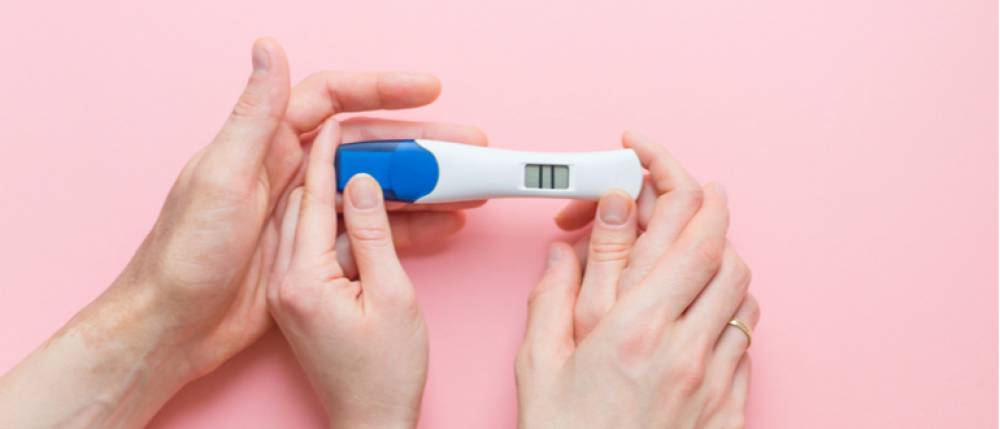Late pregnancy is becoming more common in many parts of the world. Many couples are now postponing their plans to have a baby due to various factors, including the need to strengthen their relationship, prioritize career goals over life goals and ensure financial security to meet the needs of a child. However, there is no 'best age' to become a parent, yet many aspects should decide whether or not to start a family, including your age and readiness to be a parent.
At the same time, you should also know that fertility naturally declines with age and having a child later in life raises the risk of pregnancy complications. The older you and your partner get, the more difficult it will be to conceive. Every month, a woman in her early to mid-20s has a 25–30% chance of becoming pregnant. Fertility continues to drop in a woman's early 30s and decreases even more after 35. By the age of 40, your chances of becoming pregnant in any monthly cycle are about 5%.
How does age affect a woman's fertility?
One of the most essential factors that impact a woman's ability to conceive and give birth to a healthy child is her age. This is due to several changes that occur as a natural part of aging:
● Women are born with a set number of eggs in their ovaries. As women get older, their egg count decreases.
● From the time a woman is born until menopause, the number and quality of eggs (ovarian reserve) decreases naturally and gradually. This decline is gradual until she is in her early thirties, but it accelerates quickly.
● The eggs of older women more presumably have abnormal chromosomes. As a result, older mothers have a more difficult time conceiving, but miscarriage is more common.
● Fibroids, endometriosis, and tubal disease are becoming more common, impacting fertility.
● Women who plan pregnancy later in life are more likely to experience pregnancy complications such as gestational diabetes and preeclampsia.
Why does your fertility decline?
Your ovaries carry all the eggs you will ever have, between 1-2 million at birth. Half of them will go by the time you hit puberty. Your eggs age with you. So, the number of eggs decreases as you get older and older eggs do not fertilize as quickly.
Fertility declines as women age due to two factors:
● A decrease in egg count as they lose eggs each month.
● There is a reduction in egg quality as their eggs become more likely to contain chromosomal abnormalities as they age.
In a woman's late 30s, egg count and quality decline are much more pronounced. As a result, after the age of 35, the impact of age-related fertility decline is most significant.
What to do if you are trying for conception?
Don't assume that your age is the only factor preventing you from becoming pregnant quickly. When you're over 35 and trying to conceive, your lifestyle can also work against you.
Make some lifestyle adjustments, such as:
● Choosing a healthy diet and avoiding sugar
● Limiting your intake of alcoholic beverages
● Make sure you are at a healthy weight (neither underweight nor overweight)
● Caffeine consumption should be reduced.
● Smoking cessation
Fertility is influenced by diet and lifestyle. Eating healthier, quitting fertility-sabotaging habits and maintaining a healthy weight can help you conceive more quickly and may even improve your chances of success with fertility treatment if you do need it. Don't overlook the importance of mind-body therapies. While there isn't yet proof of a link between mind-body therapies like yoga and fertility, almost everyone can benefit from stress-relieving activities.
While it's true that unhealthy habits can hasten the loss of fertility, changing your lifestyle will not prevent an age-related fertility decrease. Even though you eat a well-balanced diet, exercise regularly and avoid smoking, you will age and experience age-related fertility decline like everyone else.
What to do when you conceive?
If you're over 35 and pregnant, it's essential to get good antenatal care because there are a few points to be aware of, including gestational diabetes, high blood pressure, and twins. Take proper care of yourself. Eat nutritious foods, drink plenty of water, and get enough rest. Secure yourself and your newborn with Care Health Insurance maternity health insurance plan - Joy that gives you pre and post-hospitalization cover.
Disclaimer: The above information is for reference purposes only: Policy Assurance and Claims at the underwriter's discretion.
